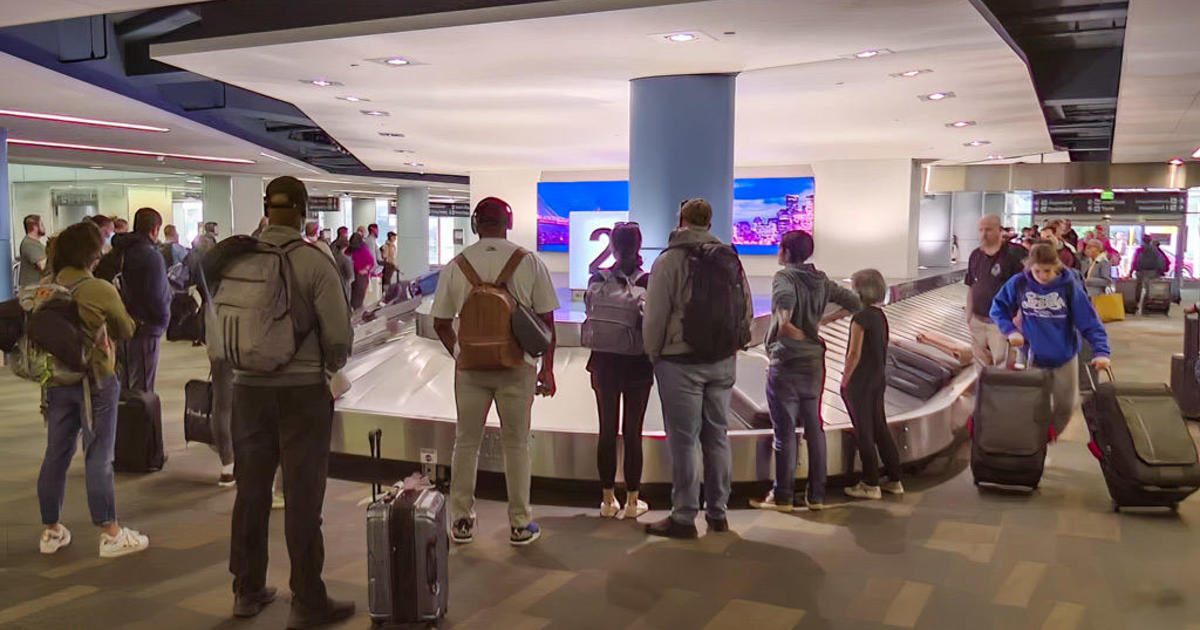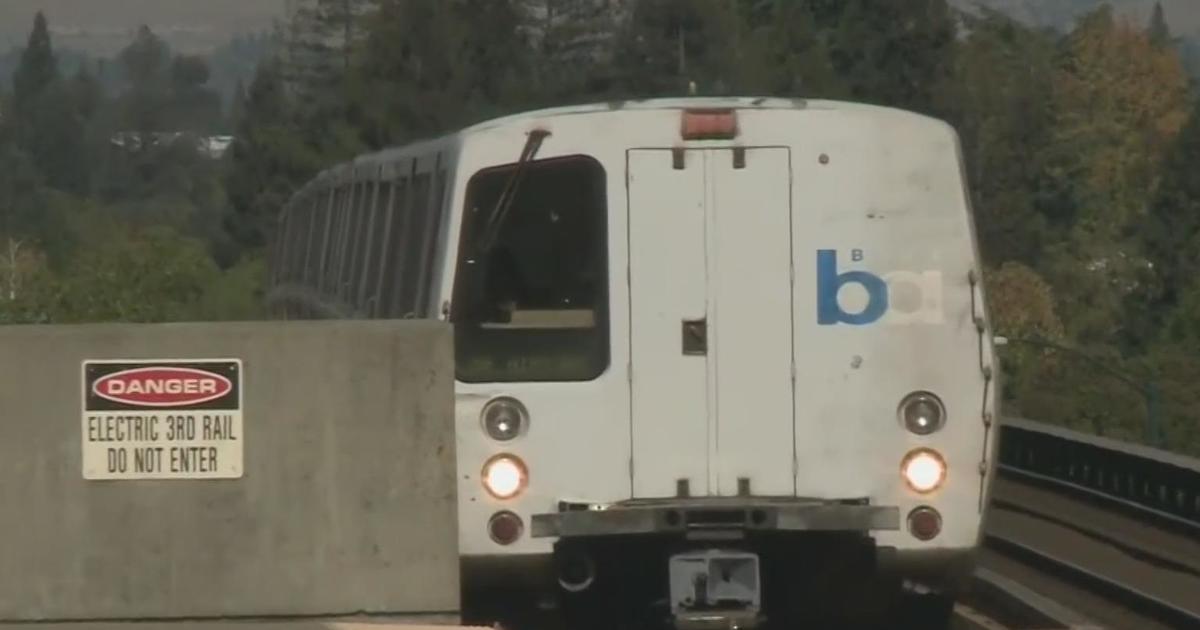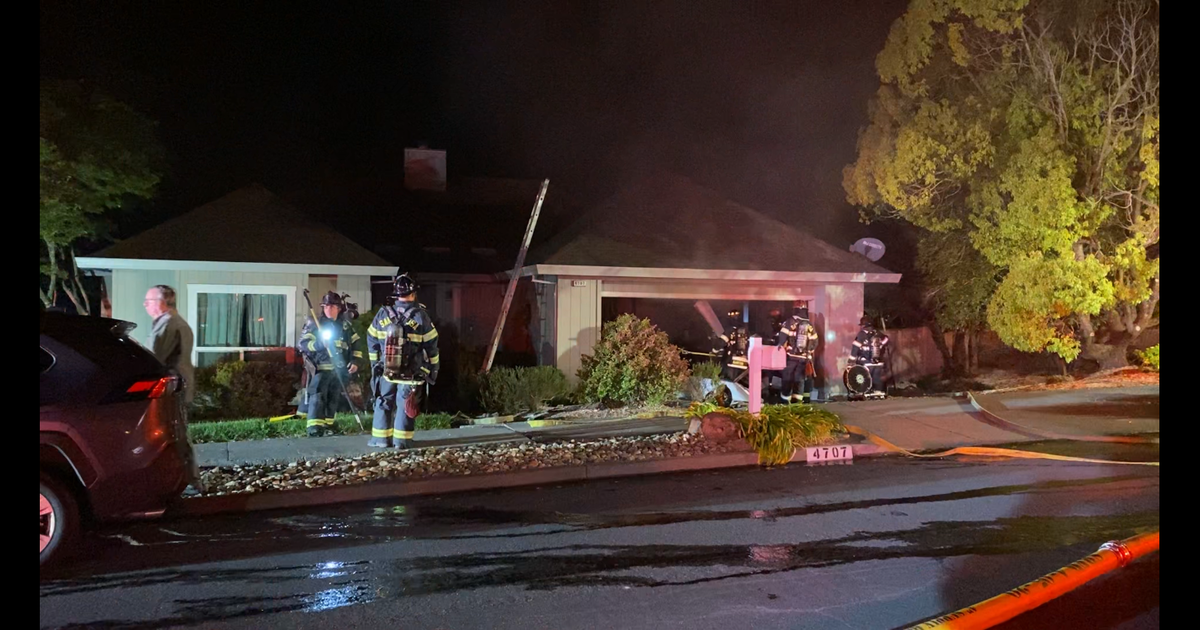Rapid, Inexpensive, Easy COVID-19 Saliva Test Could Soon Be Available
By Elizabeth Cook and Molly McCrea
HARVARD (CBS SF) -- When it comes to curbing COVID-19, one way to return to a more normal way of life is to rapidly detect where the virus is spreading.
A new test being developed by scientists at Harvard Medical School may just do the trick.
For Harvard researchers, when it comes to testing for the coronavirus, you want to test individuals when they are infectious.
"We care about infectiousness and infectiousness only seems to happen when a person has a very high viral load," said Dr. Constance Cepko.
Cepko works in the Department of Genetics at Harvard Medical School. There are numerous problems with what is known as the "gold standard" test for COVID-19: it's expensive, takes time to run, and often the chemicals needed for it are in short supply.
An additional issue is that the test is highly sensitive. The PCR-based test can detect viral particles for quite some time after the individual is no longer infectious.
Cepko's team at has developed a new test using an old method. She says it is highly accurate when people are infectious.
"We want to stop transmission and we want to stop spread. And for that, we don't need a sensitive test. Our test is absolutely sufficient to stop that kind of transmission," explained Cepko.
The method is called a Reverse Transcription Loop-Mediated Isothermal Amplification or "RT LAMP" for short. It's already used to detect viruses in animal tissues, West Nile virus, and hepatitis B.
In a paper published Tuesday in a prestigious scientific journal known as the Proceedings for the National Academy of Sciences, the researchers demonstrated how the Harvard test works extremely well to detect the coronavirus.
All it requires is a saliva sample or a nasal swab.
"The reaction starts out pink and, if the viral RNA is in there, it turns yellow in 30 minutes. So it's very quick, very easy to read out. It does not take a sophisticated machine," said Cepko.
The test is fast, easy to run, accurate and very inexpensive. The cost is roughly $2.50.
"The fact that it can be run so much more quickly sounds great," said infectious disease expert Dr. John Swartzberg of the University of California.
However, Swartzberg noted that with this method, the procedure still requires labs and lab technicians, which will slow down results and add cost. He is hoping for a home test.
"If we had a rapid test that you could do every day after brushing your teeth; your kids brush their teeth and they can go to school if they are negative," said Swartzberg.
Cepko agreed that the biggest obstacle to a massive rollout is setting up the infrastructure, the labs, and billing methods. Another bit of good news is that Harvard has agreed to keep any licensing fees low. In the Bay area, one corporation is already planning on launching several pilots using the Harvard test as soon as possible.
Randy True runs FloodLAMP. He plans on using the Harvard test to screen schools and workplaces in the Bay Area. The idea: that an entire workplace or school would get tested daily so that classes or work groups would know if it was safe to return to work the following day or if someone needed to stay home.



